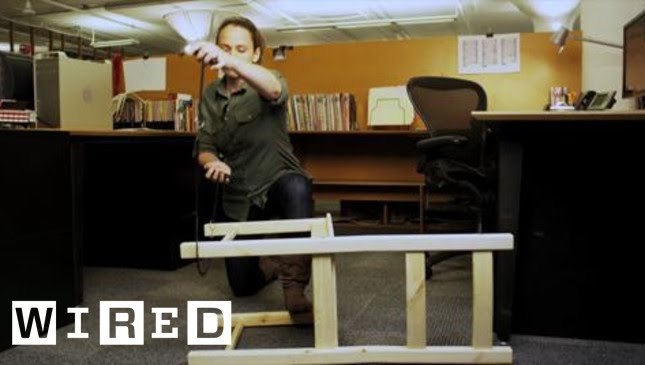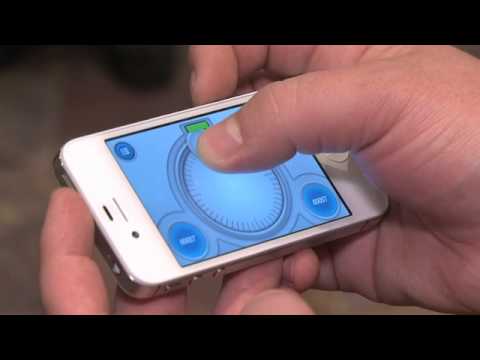Expert Advice on Coping with Self-Isolation from a NASA Astronaut
Summary
Former NASA astronaut Mike Massimin shares his experience of being in a confined space for long periods of time during his space missions and provides insights on how to cope with self-isolation. He encourages people to embrace the situation and take advantage of the opportunity to learn new skills, pursue meaningful distractions, and stay connected with friends and family. Exercise is vital for mental and physical well-being, and it is essential to take some time off from our busy routines to appreciate the simple things in life.
Table of Contents
- 1. Embracing Self-Isolation: The importance of embracing the situation and taking advantage of the opportunities it presents.
- 2. Meaningful Distractions: Tips on how to pursue meaningful distractions and learn new skills while indoors.
- 3. Staying Connected with Others: The importance of staying connected with friends and family through technology.
- 4. Appreciating the Simple Things in Life: The significance of taking time off from our busy routines to enjoy the beauty around us.
- 5. Conclusion: Recap of the main points and an invitation to share coping mechanisms in the comments.
Introduction
Self-isolation can be a challenging experience for many people, particularly those who are used to being active and social. However, former NASA astronaut Mike Massimin believes that we can learn a lot from his space missions where he and his crewmates were in confined spaces for long periods. He gives his advice on how to cope with self-isolation and shares his experience of appreciating simple things in life such as nature, rain, snow, and wind after being in space.
Q&A
1. How can we embrace the situation of self-isolation?
Embracing the situation is the first step towards coping with self-isolation. It is essential to accept that the situation is beyond our control and make the best of it. One way to embrace it is by taking advantage of the opportunities it presents to learn new skills, pursue hobbies and interests, and improve ourselves. It is also an opportunity to reflect on our lives and think about what really matters to us.
2. Can you suggest some meaningful distractions to pursue while indoors?
There are plenty of meaningful distractions one can pursue while indoors. For instance, one can learn a new language, read a book or listen to music, watch an interesting documentary, or take an online course. Mastering one’s cooking skills, gardening, knitting, or woodwork are some examples of new hobbies that one can try to pursue. These distractions provide a sense of achievement, fulfillment, and a way of maintaining routine and stability.
3. How important is staying connected with others during self-isolation?
Staying connected with friends and family is crucial during self-isolation. Technology has made it easier than ever to stay in touch through video conferences or social media platforms. Sharing our experiences and concerns can reduce feelings of loneliness, isolation and provide a support system, and enhance our overall well-being.
4. Can you talk about the importance of appreciating the simple things in life?
It is all too easy to take the simple things in life for granted in our busy routines. However, taking some time off to appreciate the beauty around us, enjoying a good book, spending time with family or pets, or practicing mindfulness can significantly improve our health and well-being. It is essential to appreciate the small things in life and to find joy in simple pleasures.
5. Why is exercise essential during self-isolation?
Exercise is vital during self-isolation for both mental and physical well-being. It helps to reduce anxiety, depression, and stress, and maintain one’s physical health. Regular exercise such as yoga, Pilates, or strength training can help build resilience, boost immunity, and enhance overall well-being.
Conclusion
In conclusion, self-isolation can be a challenging experience, but it can also provide opportunities for self-improvement, reflection, and growth. By embracing the situation, staying connected with loved ones, pursuing meaningful distractions, and exercising regularly, we can cope with self-isolation more efficiently. It is essential to take time off our busy routines to appreciate the beauty around us and enjoy simple pleasures in life. We invite you to share your coping mechanisms and suggestions in the comments section and subscribe to Wired.






